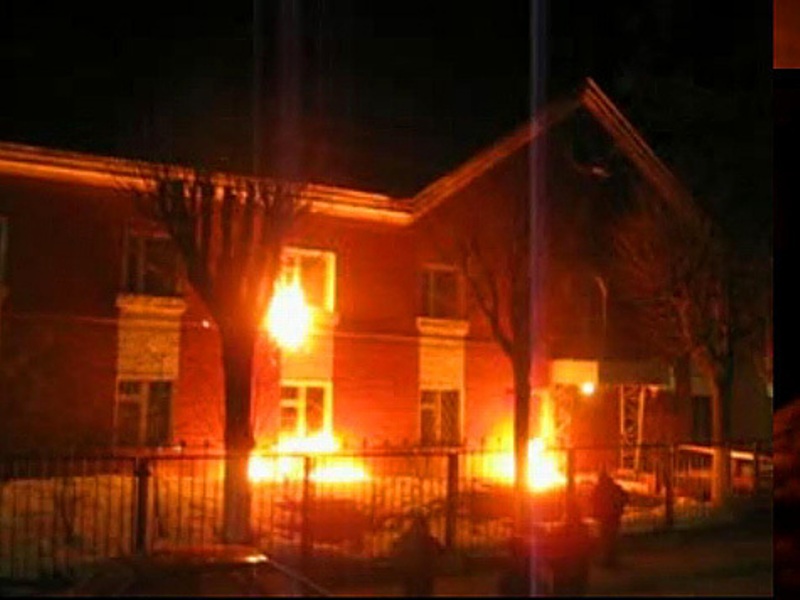A part of Russian society that had previously been influenced by Kremlin propaganda is beginning to seek information from independent sources. Educated Russians are losing confidence in President Putin, as he promised them in March that there would be no mobilization in the country. In addition, young people considered the war to be something very distant, but they changed their minds as soon as they started receiving draft notices.
Their dissatisfaction was expressed in a wave of arson attacks on commissariats. The telephone lines of civil rights organizations are busy with calls seeking legal ways to avoid military service. The offers of employment in the military-industrial complex of the Russian Federation, which provide a deferral from mobilization, were extremely polarizing.
Various bloggers, organizations, and media outlets publish information that will allow you to avoid the draft. At the same time, mobilization has a very negative impact on the functioning of companies and organizations, especially in the private sector.
Young Russians try to avoid mobilization primarily by worsening their health. In response, the Ministry of Defense is lowering the requirements for persons subject to mobilization.
Young people also travel abroad, mainly to Georgia and Kazakhstan.
The chaos and confusion that accompanies the mobilization process in Russia is exacerbated by the phenomenon of the deteriorating morale of the armed forces. In the course of communication between military personnel, it is regularly reported that the only way to avoid being sent to the combat zone or returning home is to harm oneself.
Partial mobilization is currently taking place mainly in the regions of Russia populated by national minorities: Buryatia, Ingushetia, Dagestan, Kalmykia, Tuva and Sakha.
Analytical group InfoLight.UA


Leave a Reply